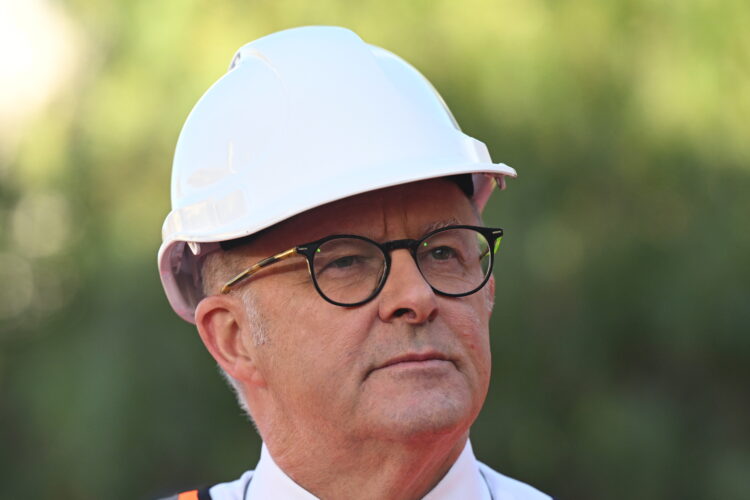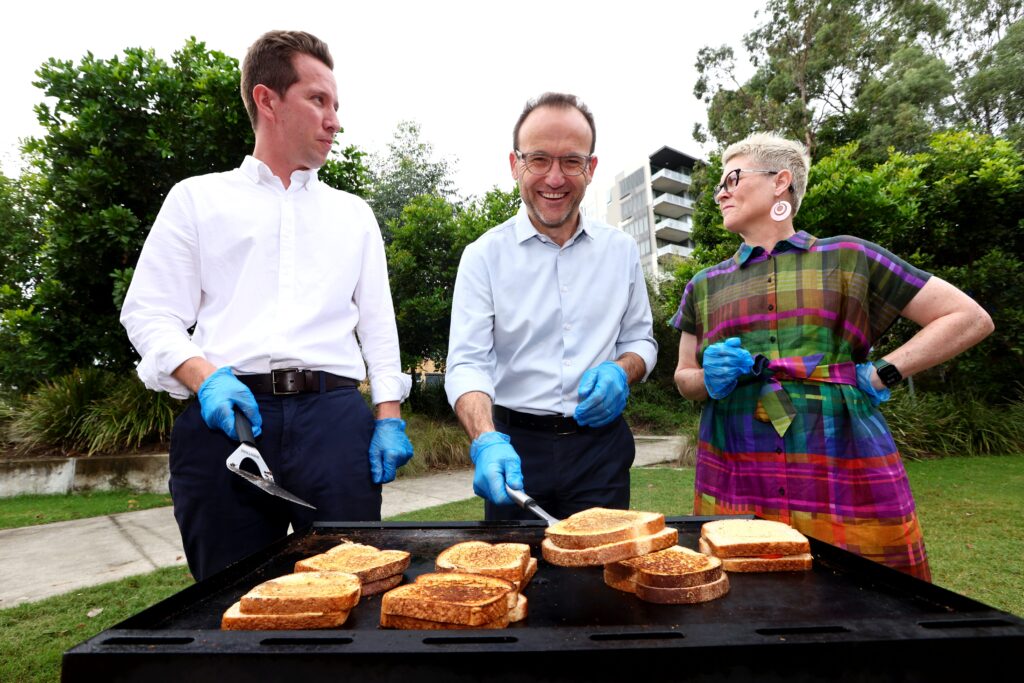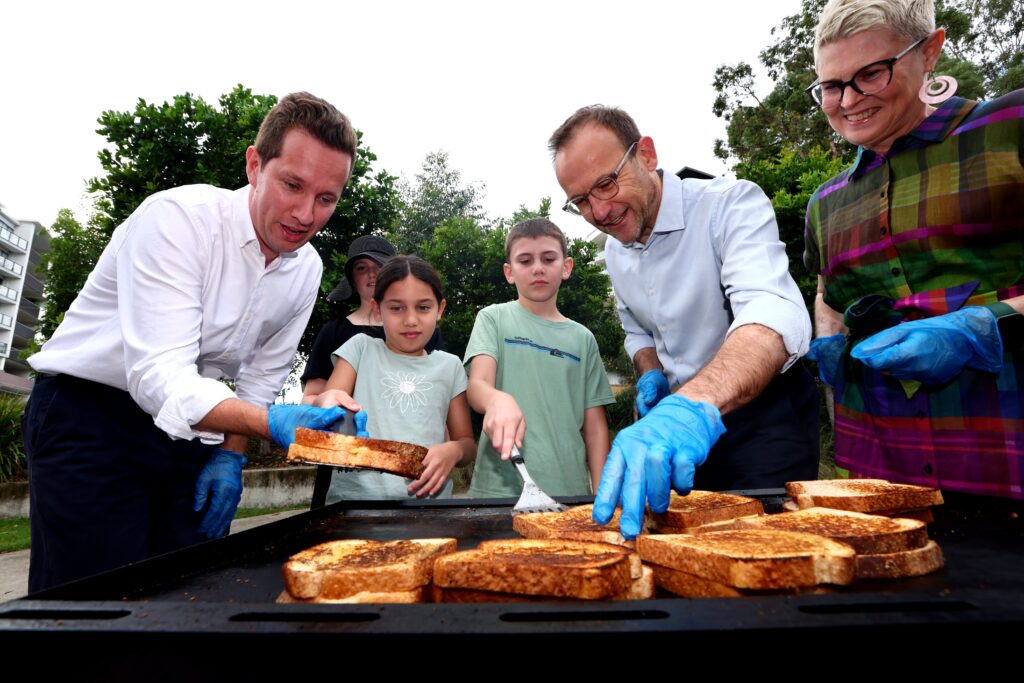In Crikey for PM, journalists get a direct taste of Australia’s electoral system
In Australia, we’re a little too comfortable with media companies playing politics behind the scenes – but not putting forward their own candidates for election!
So it was a surprise to see independent online news site Crikey announce the “Crikey for PM” campaign, complete with registered candidate: K Black, who is running to become one of Victoria’s 12 senators.
Does this mean Crikey is manoeuvring to get a Manchurian candidate into Parliament – or even the Lodge?
No, they’re not. K Black is Crikey’s editor-in-chief’s mother, and she’s not running to get elected – but rather to give Crikey journalists (and readers) an inside look at how Australian elections work.
Already, they are experiencing how the deck is stacked against new entrants.
K Black needed 100 signatures from Victorians in order to run. That requirement is waived for political parties and sitting MPs.
Those 100 signatures just give K Black a spot on the ballot – in the “ungrouped” section alongside other independents she has no affiliation with. Victorians can only vote for her if they vote below the line, and specifically seek her out. Political parties appear above the line, with their logos.
It is this limitation that forced independent David Pocock to register a political party, “David Pocock”, to feasibly run for election in the ACT Senate. But that requires 1,500 members – easy enough for a nation-wide party, but difficult for many more local groups and campaigns.

K Black will be buried in the “Ungrouped” section below the line.
Crikey also had to stump up a $2,000 deposit – which they won’t get back unless K Black wins 4% or more of the Victorian vote. While a deposit makes sense to deter unserious candidates, the 4% threshold is “all or nothing”: at 4.01% of the vote, K Black would get her deposit back plus become eligible for hundreds of thousands of dollars in public funding. At 3.99% of the vote, nothing.
It will be interesting to see what Crikey and K Black make of the other roadblocks for new entrants – not least of which is that they are running against sitting MPs who have benefited from three years of taxpayer funded travel, communications budgets and staffing. The Australia Institute puts the advantages of incumbency at $3 million, not including tens of millions of dollars in public funding for the major parties, which rather puts the $2,000 deposit into perspective.
Finally, don’t expect to see too much unsolicited promotional material for K Black. As Crikey notes, political parties are exempt from key provisions of the Spam Act and the Privacy Act – a luxury not generally extended to independent candidates (with some exceptions, like sitting MPs).
I’m looking forward to following Crikey’s hands-on experience of the electoral system, and you can too.



